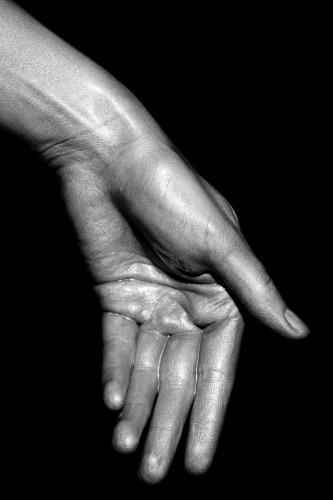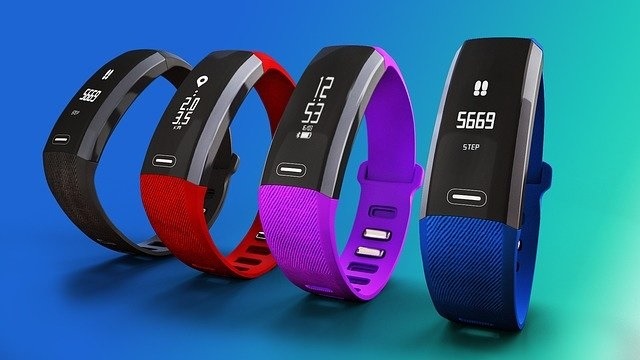
Are you one that wears your emotions on your sleeve, or are you more likely to keep them bottled up? Whichever you are, hiding how you’re feeling may soon be a thing of the past, as researchers from the UK and Sweden have devised a way to measure moods using a smart device. The device also helps detect how stressed out you are, and measures your biometrics when you participate in sports.
How Does It Work?
The researchers used a Philips smart wristband with an accelerometer on board. The band would detect electrical signals from the skin, as well as data from the accelerometer, to produce a report on how your body is faring.

It then directs this data to a smartphone app, which shows you your body’s signals in an interesting spiral pattern. The app can combine your body’s signals with the accelerometer data to show you how your body fared at specific points during exercise.
The app also uses the data it collects to measure how you’re feeling mood-wise. This, too, can be reported using a unique spiral design which allows for self-reflection.
How the App Fared in Tests
As part of the research into this technology, the researchers gave 23 people this system, which they named “Affective Health.” They didn’t outright tell the users the use case that the app was designed to tackle. What they did was tell them what it measured and how to use it. It was up to the user to decide what they wanted to do with it.
Interestingly, users only focused on either the physical exercise feature or the emotion feature. Some users would take it with them for a run to measure sweat levels and body stress, but took it off after exercise. Some used it to check how they felt over the course of the day but didn’t think to take it with them for a jog.
Users also discovered new things about themselves; some of which was not welcome news. One test-taker was reportedly a self-professed calm person, but the app showed he had spikes of stress and anger over the course of a day. He ignored these readings and focused more on the parts which said he felt calm.
The Next Big Thing?
With the introduction of IoT comes a wave of biometric-scanning devices. Each of these claim to do a specific job, from measuring your heart-rate to analyzing the quality of your sleep.

The idea that you can tell mood from skin signals dates back quite far. Mood rings have been around since the 1970s and changed color depending on how hot your skin was. It’s only natural for IoT to build on this theory using technology.
Whether or not it’s accurate is yet to be seen. This new technology is still in the testing phases and has no guarantee of making it to market. However, it’s interesting to see how IoT prods and experiments with body metrics to see what works and what is too unreliable to provide accurate results.
Wearing Your Heart on Your Sleeve
With the boom of IoT comes biometric scanning, some of which is more accurate than others. Researchers are hopeful they’ve discovered a way to measure moods via a wristband; whether it’s effective or not will only be revealed after more testing.
If you want to see more biometrics in IoT, be sure to read about how they may soon help with relationships.







